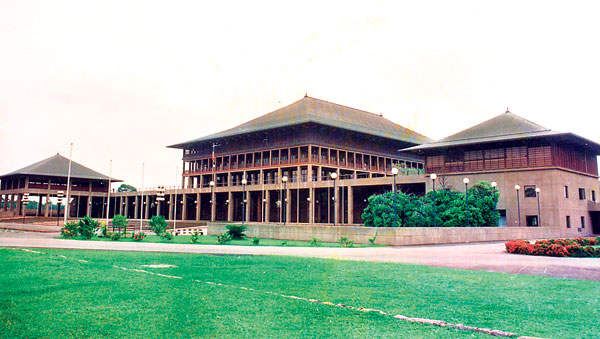Reply To:
Name - Reply Comment
Last Updated : 2024-04-25 22:46:00

Gamarala Sunday, 24 February 2013 08:51 PM
All the problems of the S/L Presidency could be attributed to that swollen headed megalomaniac Junius Richard Jayewardene the worst leader we have had since Independence.
Pol Pot Monday, 25 February 2013 08:16 AM
No wonder Sri Lankans of all Faiths and Ethnic Backgrounds get on dangerous leaky Boats to reach Australia and Canada.
Pasel Monday, 25 February 2013 01:01 PM
What do you mean all inclusive?
White van, murder,media to threat , family law, parliament control the justice system
Charles Samarasekara Friday, 01 March 2013 10:25 AM
Sir this is an awesome article....I really enjoyed reading it...I agree with you!!

Add comment
Comments will be edited (grammar, spelling and slang) and authorized at the discretion of Daily Mirror online. The website also has the right not to publish selected comments.
Reply To:
Name - Reply Comment
US authorities are currently reviewing the manifest of every cargo aboard MV
On March 26, a couple arriving from Thailand was arrested with 88 live animal
According to villagers from Naula-Moragolla out of 105 families 80 can afford
Is the situation in Sri Lanka so grim that locals harbour hope that they coul